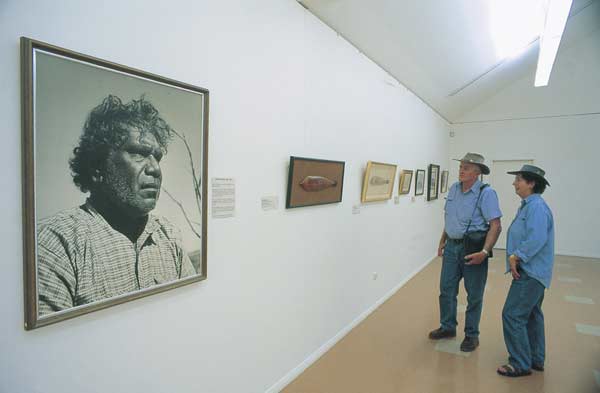As published by the Australian National University (ANU), researchers determined that many Australians hold negative views of Indigenous people in their mainland, increasing the prevalence of racism and extreme bias. Their findings were released in the Journal of Australian Indigenous Issues.
In their study, researchers examined the implicit bias of more than 11,000 participants over a span of one decade.
The research team at ANU used the Implicit Association Test and uncovered that 75 percent of the participants held bleak views or unconscious bias against their own Indigenous people.
The test involved the speed to which the participants could pair up positive and negative words with historical images of Indigenous and Caucasian Australians.
“These results show there may be an implicit negative bias against Indigenous Australians across the board, which is likely the cause of the racism that many First Australians experience,” according to Siddharth Shirodkar, co-author of the study.
“It is the first data of its kind for Australia and this evidence shows implicit or unconscious bias toward our first Australians is not imagined. This study presents stark evidence of the solid invisible barrier that Indigenous people face in society,” Shirodkar added in his findings.
Shirodkar and his colleagues also concluded that the participants who hold such racial disparities may not be aware of their prejudiced behavior. The racial bias was evident despite occupation or educational attainment.
“As it is often unconscious, implicit bias can seep seamlessly into the everyday decisions at all levels of society,” Shirodkar concluded.


